Oceans
-
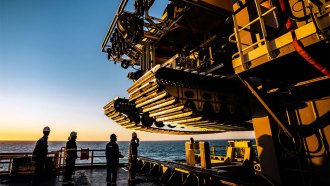 Oceans
OceansDeep-sea mining could start soon — before we understand its risks
The U.S. push to mine international waters for metals defies global efforts to control and protect these fragile ecosystems.
-
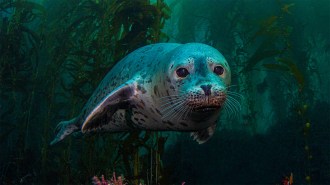 Animals
AnimalsU.S. seal populations have rebounded — and so have their conflicts with humans
Alix Morris’s new book, A Year with the Seals, explores humans’ complicated relationship with these controversial marine mammals.
-
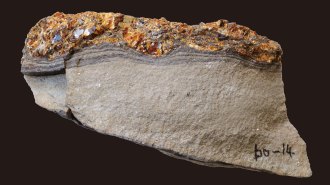 Oceans
OceansSeafloor amber may hold hints of a tsunami 115 million years ago
Oddly shaped deposits of tree resin point to massive waves that struck northern Japan roughly 115 million years ago and swept a forest into the sea.
-
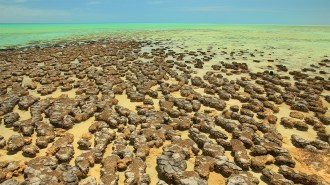 Oceans
OceansBefore altering the air, microbes oxygenated large swaths of the sea
Hundreds of millions of years before oxygen surged in the atmosphere 2.4 billion years ago, swaths of oxygen winked in and out of existence in the ocean.
By Nikk Ogasa -
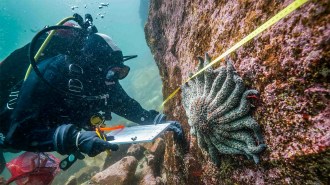 Animals
AnimalsCool water could protect sea stars from a mysterious disease
Sunflower sea stars discovered taking refuge in fjords may offer clues to saving the critically endangered species from sea star wasting disease.
-
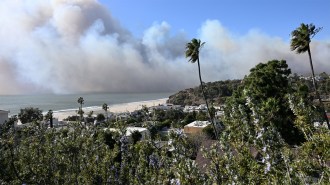 Oceans
OceansHow will the LA fires affect the ocean? These researchers are racing to find out
Scientists aboard a research vessel near Los Angeles collected ash, air and water samples as fire blazed on the hills before them in January.
-
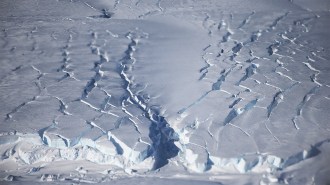 Climate
ClimateHidden Antarctic lakes could supercharge sea level rise
An overlooked Antarctic water system could raise sea levels by more than 2 meters by 2300, computer simulations show.
By Nikk Ogasa -
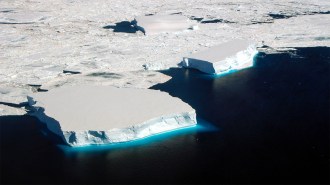 Environment
EnvironmentFires in the Amazon forest may melt sea ice in Antarctica
Satellite data reveal a link between the amount of black carbon in the atmosphere and rates of Antarctic sea ice loss in recent years.
-
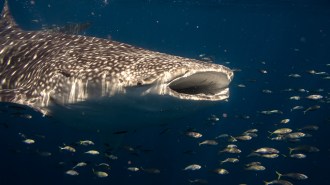 Animals
AnimalsMigrating whale sharks make pit stops at oil and gas rigs
Human-made structures act as artificial reefs, luring plankton and, in turn, Earth’s largest fish. That could put whale sharks at risk of ship strikes.
-
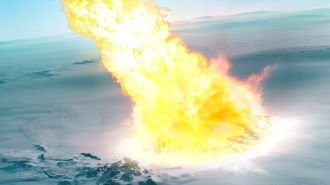 Life
LifeThese scientific feats set new records in 2024
Noteworthy findings include jumbo black hole jets, an ultrapetite frog, ancient asteroid remnants and more.
-
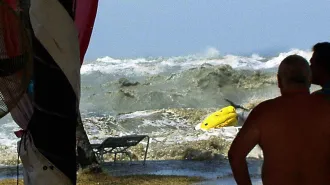 Earth
EarthThe 2004 tsunami killed hundreds of thousands. Are we better prepared now?
Twenty years after the deadliest wave in recorded history, most oceans have warning systems and communities have learned how best to escape the danger.
-
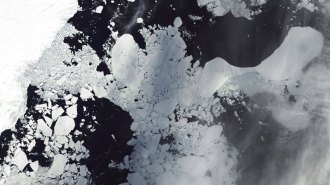 Climate
ClimateAn unexpected ice collapse hints at worrying changes on the Antarctic coast
The Conger Ice Shelf disintegrated in 2022. Satellite data leading up to the collapse hint at worrying changes in a supposedly stable ice sheet.
By Douglas Fox